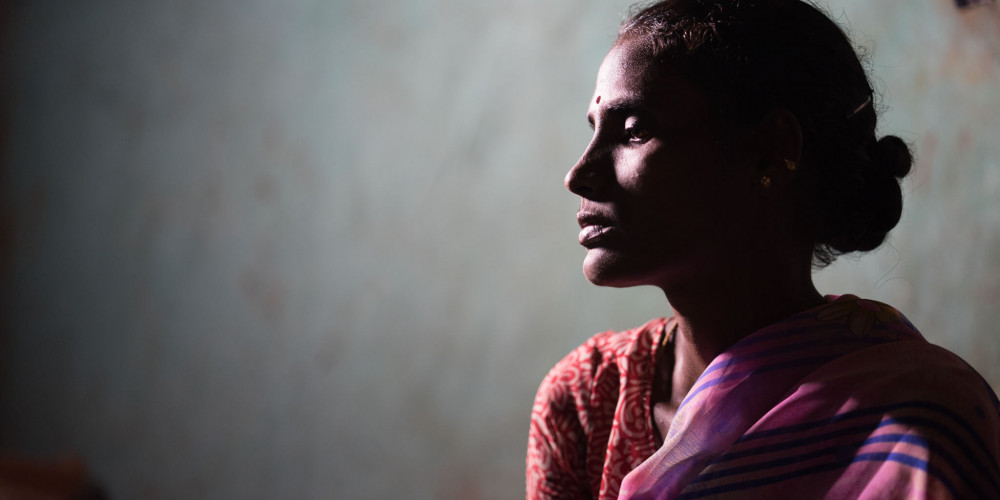KIT Blog
You help fight the gender imbalance of leprosy.
-
 The Leprosy Mission Australia
The Leprosy Mission Australia
- Mar 08, 2018
- Global
What happens when you’re poor, have leprosy… and you’re a girl?
Did you know, research shows that the impact and stigma of leprosy on a woman is much greater than for a man? Although the effects of leprosy affect both genders, women are much more likely to suffer disability and social discrimination…
Diagnosis and treatment
As a girl, the odds are stacked against you from the time the disease first shows up. You’re less likely to be diagnosed early than boys because you’re more likely to hide your symptoms. Why? Because you don’t have access to good health care and information and because you’re afraid it will affect your marriage prospects. Not only can leprosy patches look unsightly… but what about deformities? If you delay seeking help, you’re more likely to end up with permanent disabilities. Even if you’re cured with Multi-Drug Therapy, you may still be left with deformed hands and feet. This makes it harder for you to cook, clean or care for children – the practical homemaking skills which some value highly in a marriage prospect.
Marriage and family
Many families don’t want their sons to marry a girl with leprosy. You need to show that you are well and strong, able to work hard and look after a new husband and children. Leprosy ulcers, deformities or amputations could stop you from doing this. Your family may even believe your leprosy will affect the marriage prospects of your sisters.
What if you’re already a married woman?
You’re more likely than men to avoid hugging and kissing your children. Even if you’re not infectious! One study found 49% of women with leprosy won’t breastfeed their babies – even though they can.
Abandoned and isolated
If you’re an unmarried girl cast off from your family, you’ll likely be less educated and have fewer job prospects than a boy. Perceived as a burden, you lose your own sense of self-worth. In countries such as India, leprosy is grounds for divorce. And as a woman with leprosy, you have a 70% chance of being abused or abandoned by your husband. Given you were probably financially dependent on your husband, this leaves you destitute.
 Because of leprosy…
Because of leprosy…
Women are much more likely to miss
out on the following:
• Marriage
• Cooking
• Personal contact with others
• Eating together
• Mixing with other family members
• Breastfeeding
• Attending festivals, marriages,
family functions
• Making decisions that affect them
And are more likely to suffer from:
• Delayed diagnosis
• Permanent disabilities
• Ostracism
• Domestic violence
• Abandonment
• Divorce
Participation in your community
You struggle against stigma, ostracism and shame if you have leprosy. You find close family and friends don’t want to talk to you or be around you. You may be banished from the family home
to live in an animal shed. You may even want to kill yourself.
If you’re lucky enough to live in an accepting community, you’re still more likely than your male peers to avoid social activities. You’ll keep away from weddings, festivals and family
functions because you have leprosy. If leprosy has affected your ability to do domestic duties, you may be perceived to have less value in your family. This means you have
less power to make decisions that affect you… reducing your independence.
Thank you for helping The Leprosy Mission fight for the rights of girls with leprosy.
Your support helps to:
• Detect, diagnose and treat girls and women with leprosy
• Fight the stigma and social exclusion of women due to leprosy
• Help them to manage daily activities if they have leprosy-affected hands and feet
• Give them livelihoods so leprosy-affected women can be independent
Would you like to help fight the gender imbalance of leprosy? Then you can GIVE NOW!













